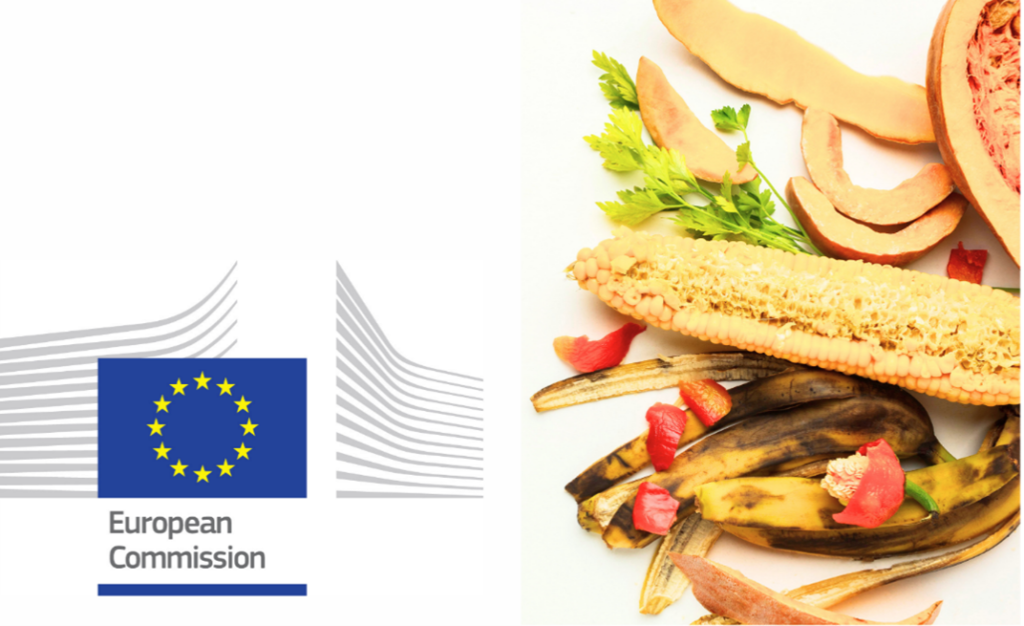From: VIMOSZ
In a recent series of interviews conducted by the European Commission with food waste prevention practitioners across the EU, key takeaways have emerged that could shape the future of food waste reduction strategies. From local chefs to national public authorities, interviewees shared real-life experiences on what works—and what doesn’t—when trying to engage consumers in cutting waste.
One standout recommendation is the shift toward positive and practical messaging. Successful interventions rely on fun, engaging communication rather than guilt-based tactics. Local influencers, community chefs, and even simple fridge labels, such as “Eat This Soon,” can help change consumer habits. The importance of tailoring messages to different audiences—based on age, culture, or motivations (such as climate, cost, or social impact) — was repeatedly emphasised, as was the need to integrate food waste messages into broader sustainability or health campaigns.

The feedback also underscores the power of partnerships. Local and national collaborations—whether with chefs, NGOs, municipalities, or large consumer goods companies—are essential to scale and sustain efforts. Yet tensions remain: unclear regulations, fragmented responsibilities between ministries, and the operational inflexibility of large retailers often hinder progress. Moreover, many well-intended actions, like free school lunches or prepackaged food deals, can unintentionally increase waste.
Sustainability of initiatives is another major hurdle. Short-term campaigns struggle to maintain momentum, especially without long-term funding or coordination. Practitioners call for national food waste awareness days, integration with broader waste policies, and partnerships with actors who have lasting budgets, like major municipalities or corporations.
Finally, monitoring the true impact of interventions remains complex. While outreach numbers and social media engagement are commonly tracked, actual behaviour change is harder to quantify. Experts urge better methods—from household waste composition studies to longer-term behavioural tracking—though these require significant resources. A consistent message emerges: to truly reduce consumer food waste, Europe needs practical tools, strong partnerships, long-term investment, and the courage to rethink old habits.
If you want to learn more about the findings please click HERE.

